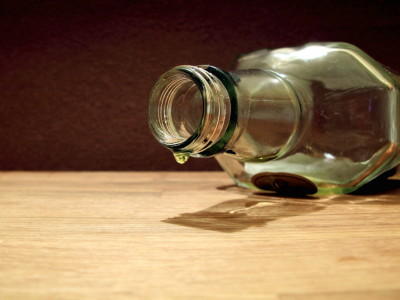Research Finds That Drinking Inhibits Attention-Calling Brain Function

A research team at the University of Texas at San Antonio Health Sciences has published research results that help unravel the mystery of why you can't concentrate when you get drunk. The results were published in the open access academic journal 'Nature Communications' on Wednesday, December 2, 2020.
Ethanol abolishes vigilance-dependent astroglia network activation in mice by inhibiting norepinephrine release | Nature Communications

Drinking blocks a chemical that promotes attention
https://medicalxpress.com/news/2020-12-blocks-chemical-attention.html
The research team used a technique called two-photon imaging to study special mice obtained from collaborators at Johns Hopkins University and Heidelberg University.
When paying attention, the brain secretes noradrenaline (norepinephrine) from one of the nerve nuclei, the locus coeruleus . It's been unclear what's happening after secretion, but now Dr. Martin Pokert and colleagues from the research team say noradrenaline binds to receptors in Bergmann glial cells and raises calcium levels. I showed that.
Since drinking suppresses signals in the brain that release noradrenaline, the research team speculates that 'drinking suppresses the increase in calcium concentration in Bergmann glial cells and causes symptoms during drunkenness such as staggered legs.' I set up this research. However, it was found that the same phenomenon actually occurs not only in Bergmann glial cells but also in astrocytes as a whole. Astrocytes support the role of nerve cells and control synaptic transmission and cerebral blood flow .
'This finding is consistent with the current suggestion that astrocytes not only support the maintenance of basic brain function, but are also actively involved in cognitive function,' said Dr. Pokert. I will.
'This finding opens new avenues for defining brain circuits that ultimately determine arousal, and the brain is naturally equipped with chemicals that interfere with these circuits,' said Dr. Manzoor Bhat, co-author of the paper. It will reveal a mechanism that essentially suppresses the arousal system that exists. '
Related Posts:
in Science, Posted by logc_nt







